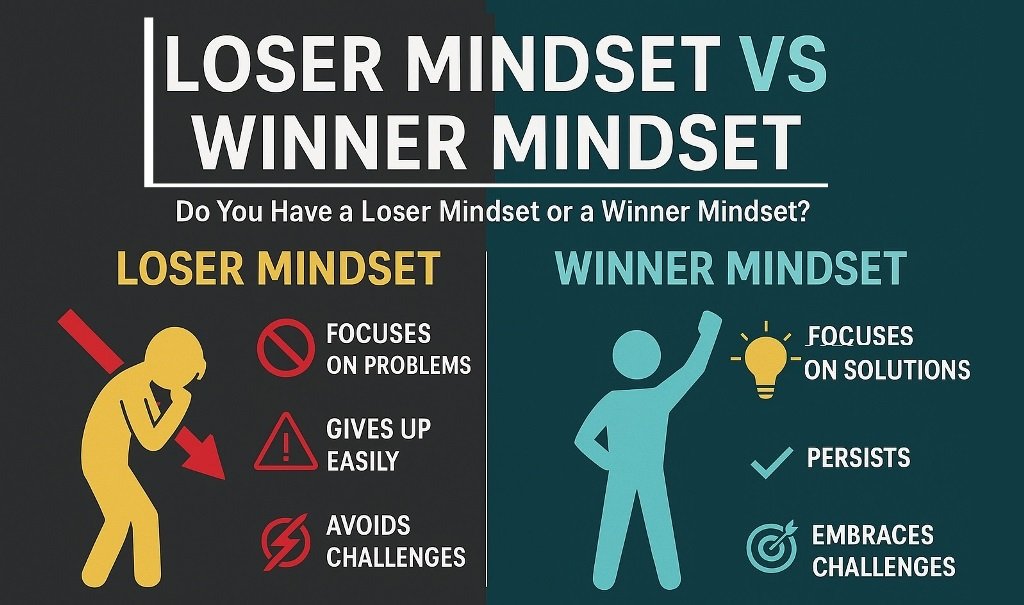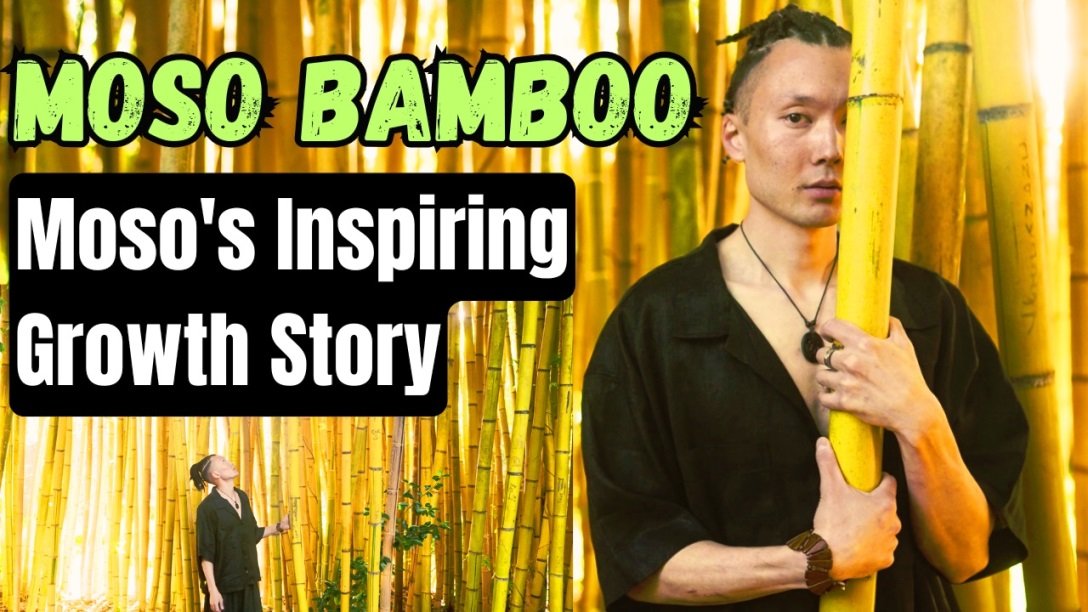“The closer I get, the more I see how far I am.” Rumi
Rumi’s words, “The closer I get, the more I see how far I am,” encapsulate the paradoxical nature of human striving and spiritual growth. This profound statement reflects the continuous journey of self-discovery and the endless pursuit of understanding and enlightenment. It speaks to the heart of what it means to be human: the more we learn, the more we realize how much there is still to discover.
The Paradox of Progress
At first glance, this statement might seem discouraging. After all, it suggests that even as we make progress, our goals seem to recede further into the distance. But Rumi, the 13th-century Persian poet and Sufi mystic, is highlighting a deeper truth about the nature of growth and self-improvement. Progress is not a linear path with a clear endpoint; rather, it is an ever-evolving journey where each step forward unveils new horizons and deeper layers of understanding.
In our personal and spiritual lives, this paradox often manifests in various ways. Consider the process of learning a new skill or mastering a craft. At the outset, our knowledge is limited, and we may feel confident in our abilities. However, as we delve deeper into the subject, we begin to realize the vastness of what we do not know. This awareness can be both humbling and motivating. It encourages us to keep pushing forward, to keep exploring, and to embrace the journey with curiosity and determination.
The Journey of Self-Discovery
Rumi’s words also speak to the journey of self-discovery. As we grow and evolve, we uncover more about our true selves—our strengths, weaknesses, desires, and fears. This process is not always easy; it requires honesty, introspection, and a willingness to confront uncomfortable truths. The closer we get to understanding ourselves, the more we realize how complex and multifaceted we are. This realization can sometimes feel overwhelming, but it is also liberating. It reminds us that we are constantly in a state of becoming, and that there is always more to learn and discover.
This journey of self-discovery is beautifully illustrated in the stories of individuals who have faced significant personal challenges. Take, for example, the story of someone recovering from addiction. At the beginning of their journey, they may believe that overcoming their addiction is the ultimate goal. However, as they progress, they come to understand that recovery is not just about abstaining from substances; it is about healing the underlying emotional wounds, building a supportive community, and creating a fulfilling life. The closer they get to recovery, the more they see how far they still have to go in terms of personal growth and self-improvement.
The Infinite Pursuit of Knowledge
In the realm of intellectual and academic pursuits, Rumi’s words hold profound significance. Scholars and scientists often speak of the “imposter syndrome”—the feeling that no matter how much they learn or achieve, they are always acutely aware of the vast expanse of knowledge that remains beyond their grasp. This is not a sign of inadequacy but rather a testament to the boundless nature of human knowledge.
Albert Einstein famously remarked, “The more I learn, the more I realize how much I don’t know.” This sentiment echoes Rumi’s words and highlights the humility that comes with true wisdom. The pursuit of knowledge is an infinite journey, and each discovery opens the door to new questions and mysteries. This endless quest is what drives innovation, creativity, and the advancement of human understanding.
The Spiritual Path
On a spiritual level, Rumi’s statement captures the essence of the mystical journey. In many spiritual traditions, the path to enlightenment or divine union is seen as a lifelong endeavor. As seekers draw closer to the divine, they become increasingly aware of the infinite nature of the spiritual realm and their own limitations. This awareness does not diminish their faith; instead, it deepens their reverence and commitment to the path.
The Sufi tradition, of which Rumi is a part, emphasizes the idea of the “path” (tariqa) as a continuous journey toward divine love and truth. The more a seeker experiences divine presence, the more they realize the depth and vastness of the divine mystery. This realization inspires greater devotion, humility, and a deeper longing for union with the divine.
Embracing the Journey
Rumi’s words invite us to embrace the journey of life with all its complexities and paradoxes. They remind us that growth, whether personal, intellectual, or spiritual, is not about reaching a final destination but about continually expanding our understanding and deepening our experience. This perspective encourages us to cultivate patience, humility, and resilience as we navigate the challenges and triumphs of our journey.
In our everyday lives, we can apply Rumi’s wisdom by embracing a mindset of lifelong learning and continuous improvement. Whether we are pursuing a career, nurturing relationships, or seeking personal fulfillment, it is important to recognize that there is always more to learn and discover. This recognition can be a source of inspiration and motivation, driving us to keep moving forward and to appreciate the beauty of the journey itself.
“The closer I get, the more I see how far I am.” Rumi’s words remind us that the journey of growth and self-discovery is infinite and ever-evolving. They teach us to embrace the paradox of progress, to find humility in our achievements, and to cultivate a spirit of continuous learning and exploration. As we navigate the complexities of life, let us remember that each step forward reveals new horizons and deeper layers of understanding. In this endless journey, we find the true essence of what it means to grow, learn, and become.
“The length of the unopened wings cannot be known.” Andre Gide



